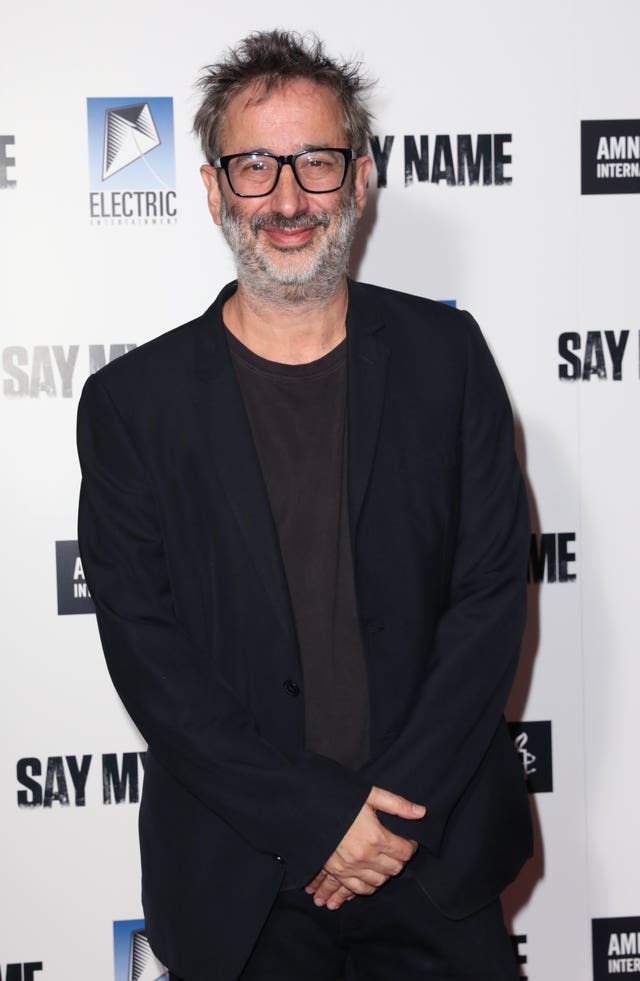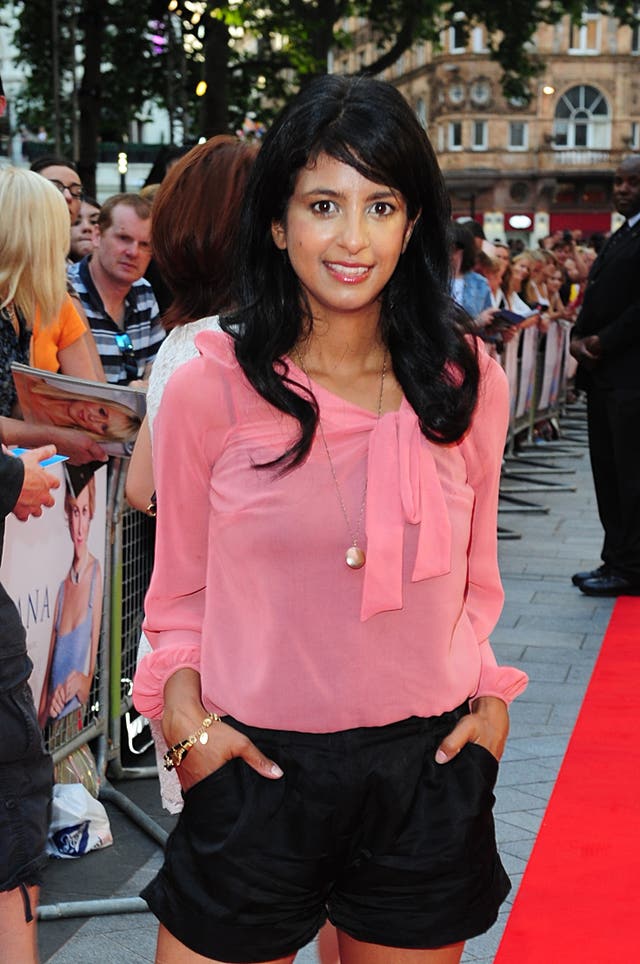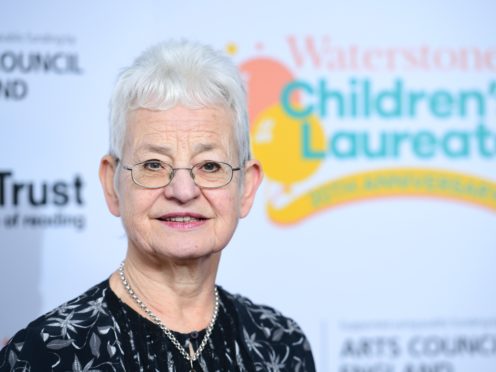Dame Jacqueline Wilson, Paul O’Grady, David Baddiel, Ben Fogle and Konnie Huq are among the celebrities supporting a children’s reading initiative.
The Summer Reading Challenge 2020 runs from June to September and aims to encourage young people to pick up a book.
This year, the challenge’s theme is titled Let’s Get Silly and will feature online readings and activities.

Children’s author Wilson said: “I feel the Summer Reading Challenge is extra important this year.
“How sensible to have a silly theme. We’ve all had to deal with serious and scary issues, so it’s time for a bit of fun.
“There are so many comical and crazy children’s books to cheer us all up.
“Let’s get reading and get happy.”

Comedians Baddiel and O’Grady and broadcasters Fogle and Huq will share readings and jokes as part of the programme.
Karen Napier, CEO of The Reading Agency, the charity which runs the challenge, said: “We are looking forward to the nation’s families joining the Silly Squad and taking part in the brand new Summer Reading Challenge.
“Like previous years the challenge is free to access and we are working with libraries, schools and publishers to reach as many young people as possible – especially those who find accessing digital difficult.”
The Summer Reading Challenge began in 1999 and last year more than 700,000 children and their families took part, according to The Reading Agency.
